Publications
Articles, publications, books, tools and multimedia features from the U.S. Institute of Peace provide the latest news, analysis, research findings, practitioner guides and reports, all related to the conflict zones and issues that are at the center of the Institute’s work to prevent and reduce violent conflict.
Question And Answer
Amid a Changing Global Order, NATO Looks East
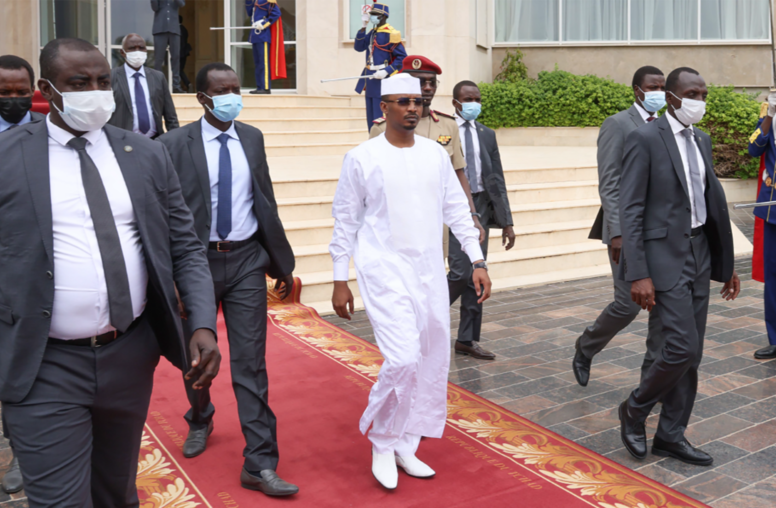
Chad’s National Dialogue Concludes Amid Uncertainties for the Transition
When Chad’s longtime President Idriss Déby was killed in April 2021, a group of military officers led by Déby’s son, Mahamat Idriss Déby, took control of the country and outlined an 18-month transition back to civilian rule. A crucial part of the transitional timeline was the promise of an inclusive national dialogue, which would be tasked with forming a national consensus on constitutional reform, election plans and other contentious political issues. After numerous delays, the long-awaited national dialogue finally opened in the capital N'Djamena in late August — just two months before the transition was slated to end.

Le Dialogue National au Tchad se Termine dans un Contexte d'Incertitudes pour la Transition
Après que l’ancien président du Tchad, Idriss Déby, a été tué en avril 2021, un groupe d'officiers militaires dirigé par le fils de Déby, Mahamat Idriss Déby, a pris le contrôle du pays et a défini une période de transition de 18 mois pour le retour à un régime civil. Un élément crucial du calendrier de transition était la promesse d'un dialogue national inclusif, chargé de former un consensus national sur la réforme constitutionnelle, les plans d'élection et d'autres questions politiques litigieuses. Après de nombreux retards, le dialogue national tant attendu a finalement commencé dans la capitale N'Djaména fin août – juste deux mois avant la fin prévue de la transition.
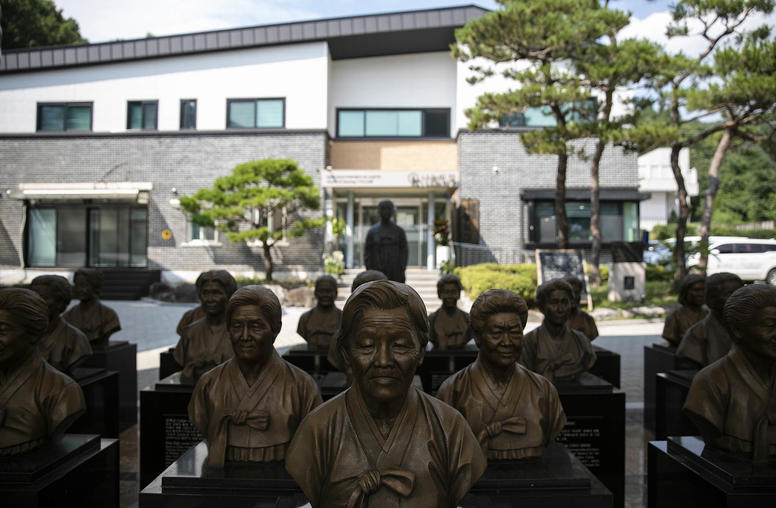
A Guide to Understanding the History of the ‘Comfort Women’ Issue
Even before assuming office in May 2022, South Korean President Yoon Suk-yeol made clear his desire for smoother formal relations between Seoul and Tokyo. Locked in a number of interwoven and protracted disputes, South Korea and Japan have been at a diplomatic standstill since well before COVID-19 restrictions shut down everything. Recent peacebuilding efforts are encouraging, with Japan and the United States publicly welcoming South Korea’s overtures as pivotal to plans for regional alignment in the face of North Korea’s provocations and China’s aggressive behavior.
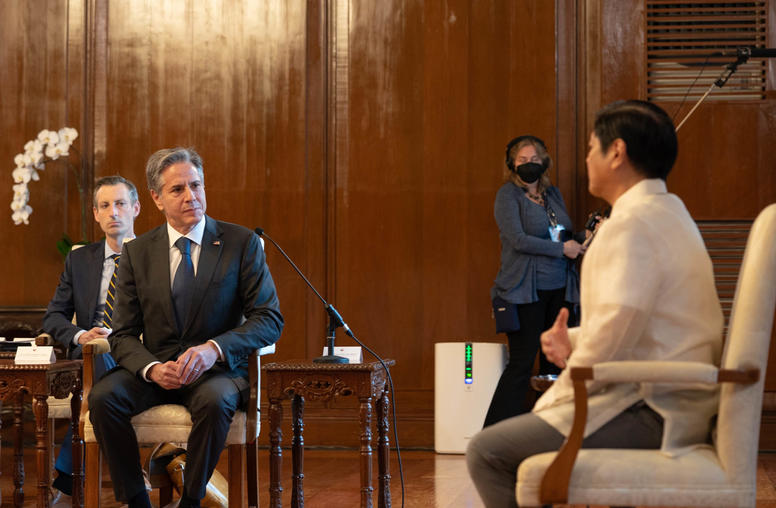
Bangsamoro Peace and the U.S.-Philippines Alliance
The election in May of Ferdinand Marcos Jr. as the 17th president of the Philippines presents an opportunity to reset U.S.-Philippines relations after six rocky years while President Rodrigo Duterte held the office. After Marcos’s sweeping election victory, President Biden called to congratulate him and then dispatched a series of U.S. officials to Manila, including Secretary of State Antony Blinken. Any concerns that the Marcos family’s corruption and lingering legal issues in the United States would hold up relations have been pushed aside due to the enormous interests the United States has in a functioning U.S.-Philippines alliance.
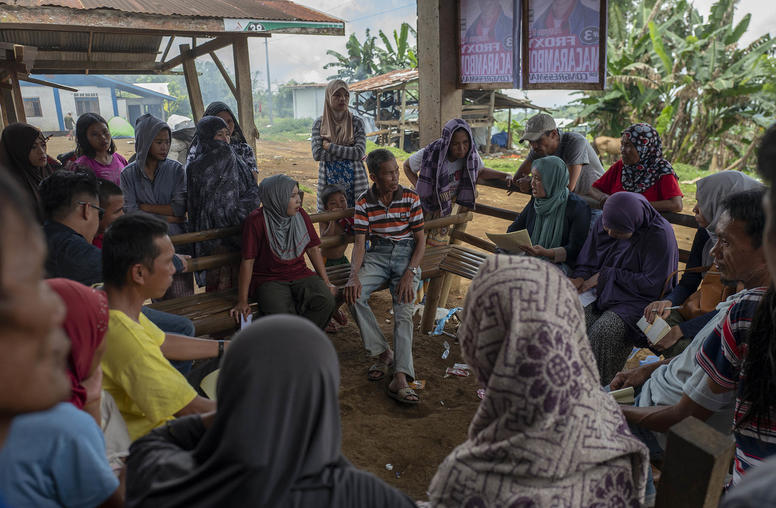
Philippines’ Bangsamoro Peace Process Normalization Track Hits Some Bumps
The normalization track of the Bangsamoro peace process involves the decommissioning of 40,000 Moro Islamic Liberation Front (MILF) combatants and their firearms, as well as their transformation to civilian and productive members of society through the provision of socioeconomic development programs and other peace dividends, extending to their families and communities.
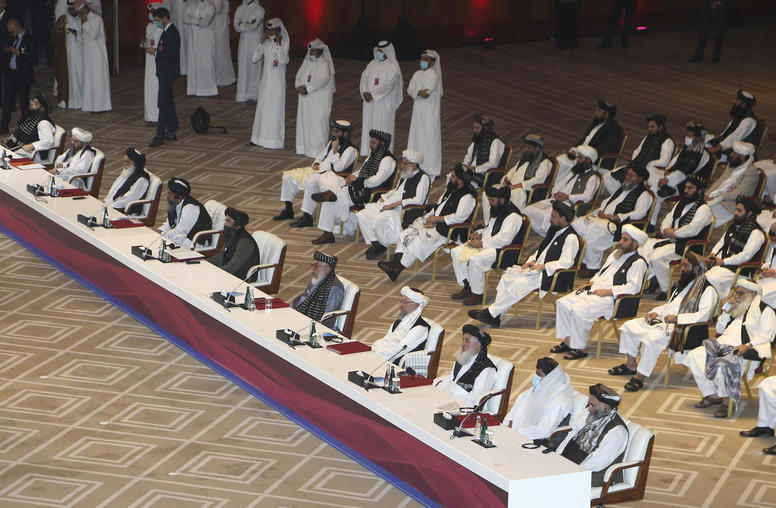
Why Was a Negotiated Peace Always Out of Reach in Afghanistan?
August 30, 2022, marks the one-year anniversary of the last US troops leaving Afghanistan. During America’s 20-year military intervention, there were several opportunities to negotiate peace among the Taliban, the Government of the Islamic Republic of Afghanistan, and the United States—but these opportunities were missed, went unrecognized, or were deliberately spurned by one or more of the parties. In this important history, Steve Brooking, the first British official sent into Afghanistan after 9/11, examines why the three parties were unable or unwilling to reach a negotiated settlement.
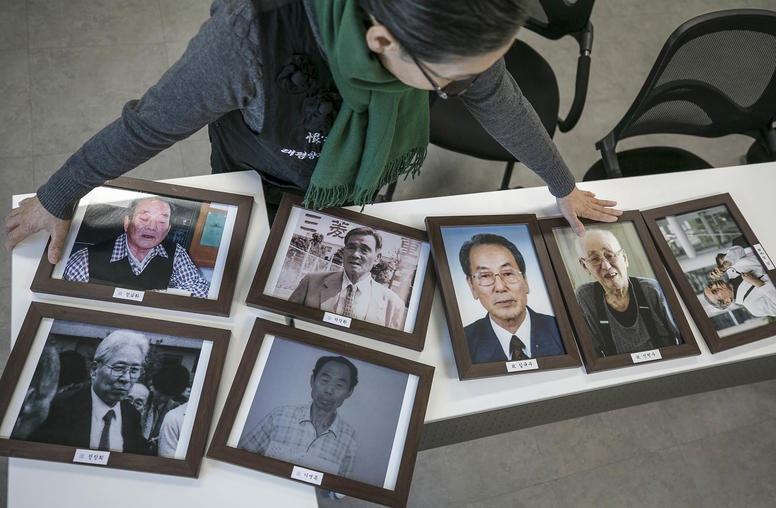
Resolution of Korean Forced Labor Claims Must Put Victims at the Center
In 1965, Japan and South Korea signed numerous treaties and agreements to normalize relations, including the Treaty on Basic Relations reestablishing diplomatic relations and a Claims Agreement settling property claims among the two countries and their nationals. These agreements have failed to resolve bilateral tensions stemming from the claims of Koreans who were subjected to forced labor by Imperial Japan during World War II. Some parties have called for a legal resolution based on the arbitration clause in the Claims Agreement. However, major issues would arise if the two countries pursued arbitration.
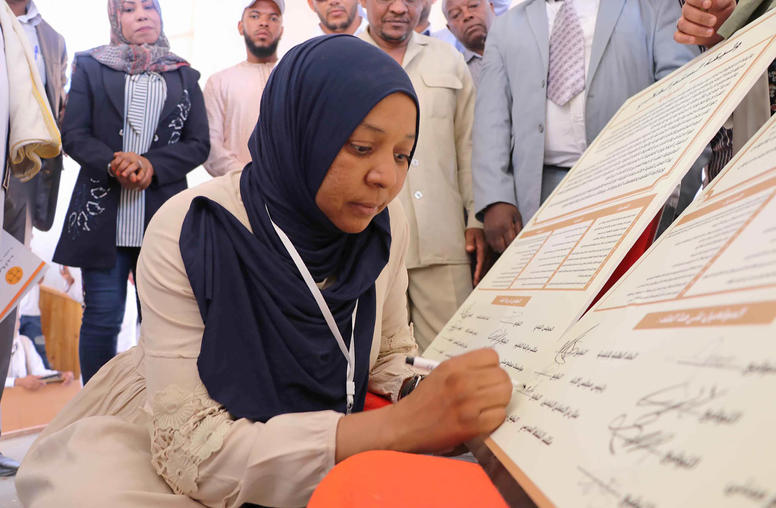
Peacebuilding Needs Local Partners — But How Do You Define ‘Local’?
The Global Fragility Act (GFA) marked the launch of a new U.S. government approach to conflict prevention and stabilization abroad. Notably, this new approach includes a commitment to locally-driven solutions — a reflection of the peacebuilding community’s growing emphasis on the local dimensions of peace and conflict.

Different Wartime Memories Keep Japan and South Korea Apart
The current state of relations between South Korea and Japan is, in the judgment of many observers, the worst since normalization in 1965. Despite decades of interaction, cooperation and even integration, relations between South Korea and Japan seem to have reverted to a dysfunctional status in which even the most basic forms of diplomatic intercourse present a challenge.

Acknowledging U.S. Missteps Can Ease Japan-South Korea Relations
History sits at the heart of the frigid relationship between South Korea and Japan. Not just the history of Japanese imperialism, but also the history of U.S. strategic interests since 1945. U.S. decision-making stemming from such interests — at first framed within the context of fighting the Cold War and now defined by U.S. competition with China — has oftentimes exacerbated long-term South Korea-Japan relations in its pursuit of expedient solutions and limited the opportunities and avenues for reconciliation.